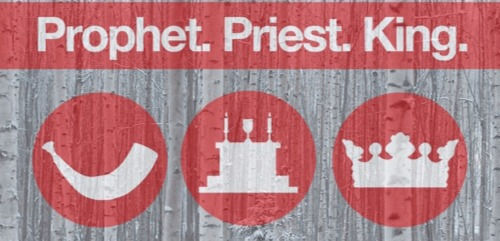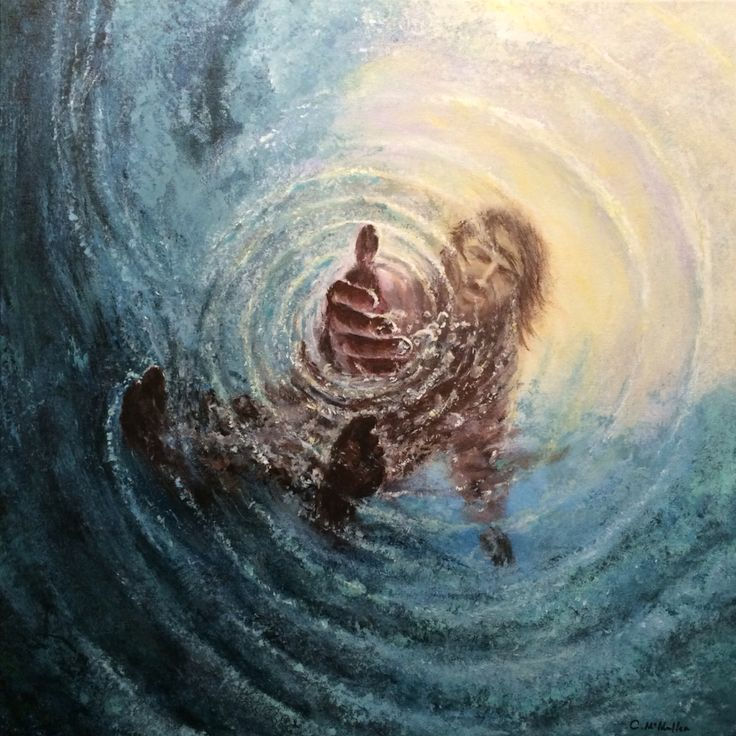What would a father do?
- Charles
- 14 janv. 2023
- 4 min de lecture
Reflections on the Baptismal mission of solidarity (Isaiah 49:3, 5-6, 1 Corinthians 1:1-3, and John 1:29-34)
A 10-year-old girl was spending a Sunday evening with her father on a sandy beach. As she stood admiring the distant horizon, the retreating waves under her feet seemed to drag her into the sea. The father kept guard from the shore and warned her not to walk any further into the waters. The curious child kept walking and suddenly a huge and sneaky wave knocked her down. She panicked and gasped for air. “Dad, help me”, she cried out in desperation. The father, who was momentarily distracted by a call on his cell phone, heard the cry of his beloved daughter and turned in terror.

One can postulate three possible courses of action for the father to rescue his daughter:
1. He could try and get his daughter’s attention and teach her how to swim back to safety;
2. He could throw a life vest or a rope for her to hold on to and get back on her feet; or
3. He could jump into the sea and rescue his daughter back to land.
Which of these options would the father choose? He would certainly not choose to give swimming instructions when his daughter is drowning! Neither would he go around looking for a vest or a rope. Any father, whether he knows to swim or not, would instinctively jump into the sea, grab his daughter and carry her to the shore on his shoulders.
The feast of the baptism of the Lord celebrates God’s instinctive plunge into the muddy waters of Jordan to rescue humanity from the sea of sin and death. Up until that point, God had tried the first two possibilities of rescue:

1. The Father first gave us swimming instructions that we call the law (Torah) to help us rise above the currents that seek to drown us. As we read in Deuteronomy 28:1, “If you fully obey the Lord your God and carefully follow all his commands I give you today, the Lord your God will set you high above all the nations on earth”. Not only did humanity fail to realise the value of these laws, but it continued its tragic march into the belly of the sea.

2. The Father then provided us with life vests and ropes (judges, kings, and prophets) who taught us to swim against the tides of slavery, exile, and the violence of sin and war. We refused to be tied down, so we cut off these ropes! As Jesus laments in Luke 13:34, “O Jerusalem, Jerusalem, the one who kills the prophets and stones those who are sent to her! How often I wanted to gather your children together, as a hen gathers her brood under her wings, but you were not willing”!

3. “But when the fullness of time had come, God sent his Son, born of a woman… in order to redeem (us), so that we might receive adoption as children” (Galatians 4:4). In the baptism of Jesus, God steps into our mess, our muddy waters of Jordan. A question: if John the Baptist was administering the baptism of repentance, why would Jesus, the sinless Son of God and Saviour seek his baptism? The paradox is clear in John’s protest, “I need to be baptized by you, and yet you are coming to me?”. Jesus chose to institute baptism as a concrete moment of the epiphany of God’s solidarity. At the Jordan river, God steps in and stands shoulder to shoulder with humanity.
This moment of God’s solidarity will mark the beginning of Jesus’ permanent mission of solidarity, i.e. his public ministry. It was after his baptism that Jesus declared his mission: “The Spirit of the Lord is on me because he has anointed me to proclaim good news to the poor”, to the prisoners, the blind, and the oppressed (Luke 4:18-19). Baptism is more than an entry ticket into the Church. It is both the gateway to the experience of God’s salvific grace and the mandate to participate in Jesus’ mission of solidarity.
This mission entails discerning the Spirit who is active in history and in every religion, culture, and people. As Paul affirms in the second reading, we are sanctified to be holy and to build an inclusive society of people. Our experience of being drawn out of the sea should enable us to stretch our hands to those who are battling the terrifying waters of injustice, poverty, sin and death.
Pope Francis insists, “Baptism is a missionary mandate that touches us personally. This mission is rooted in the fatherhood of God and the motherhood of the Church and makes us responsible for enabling all men and women to realize their vocation to be adoptive children of the Father” (October 2019). On this feast of the baptism of the Lord, as God plunges instinctively once again into our muddy waters, let us allow this experience of Salvation offered in the sacrament of baptism to enable us to become participants in Jesus’ mission of solidarity.




Commentaires